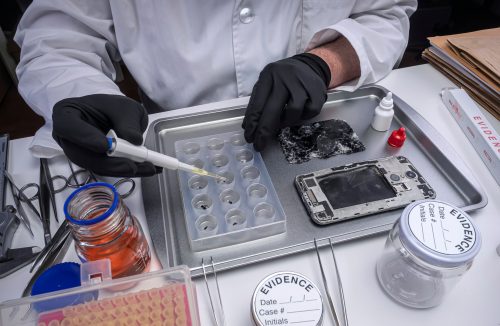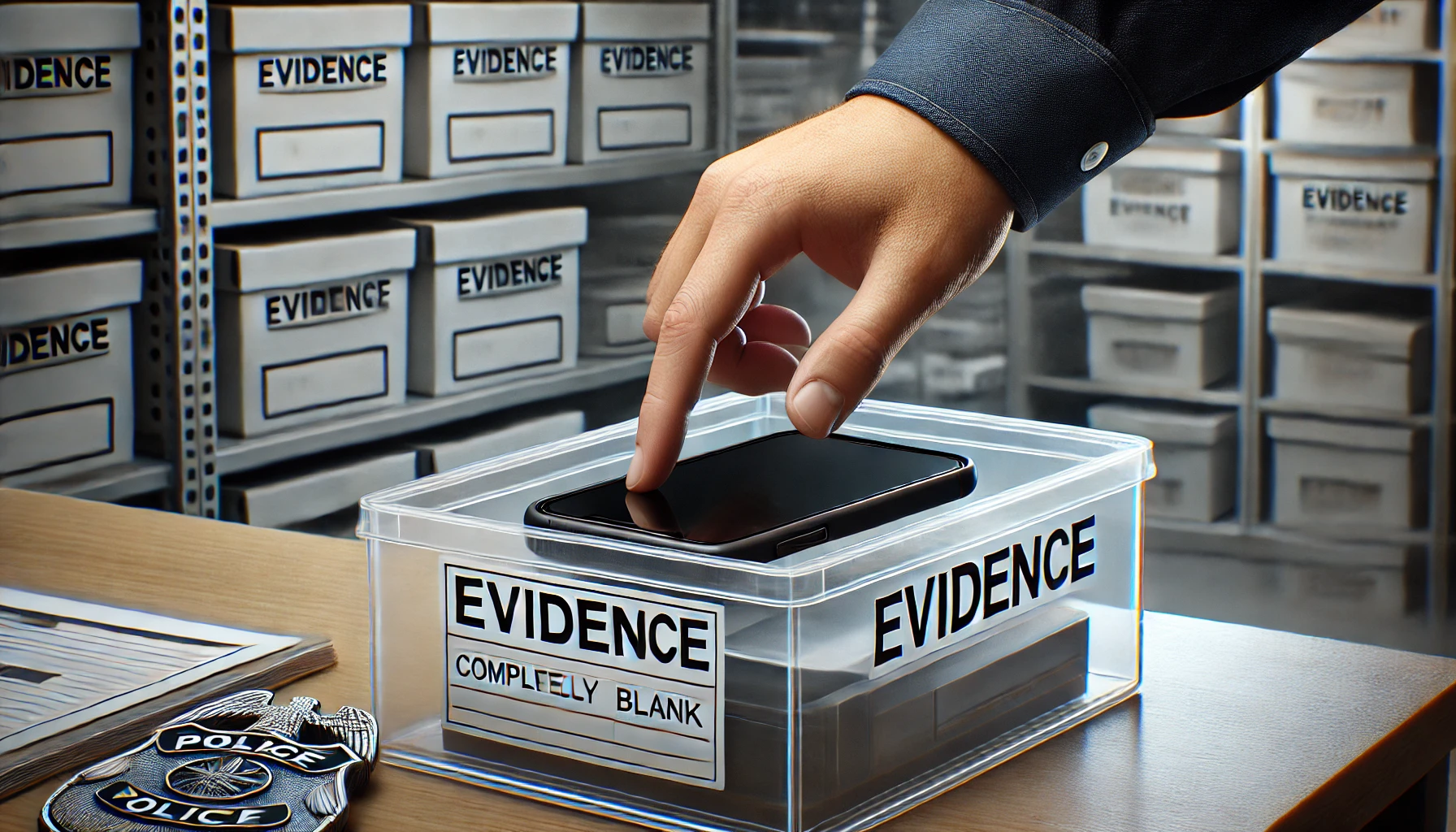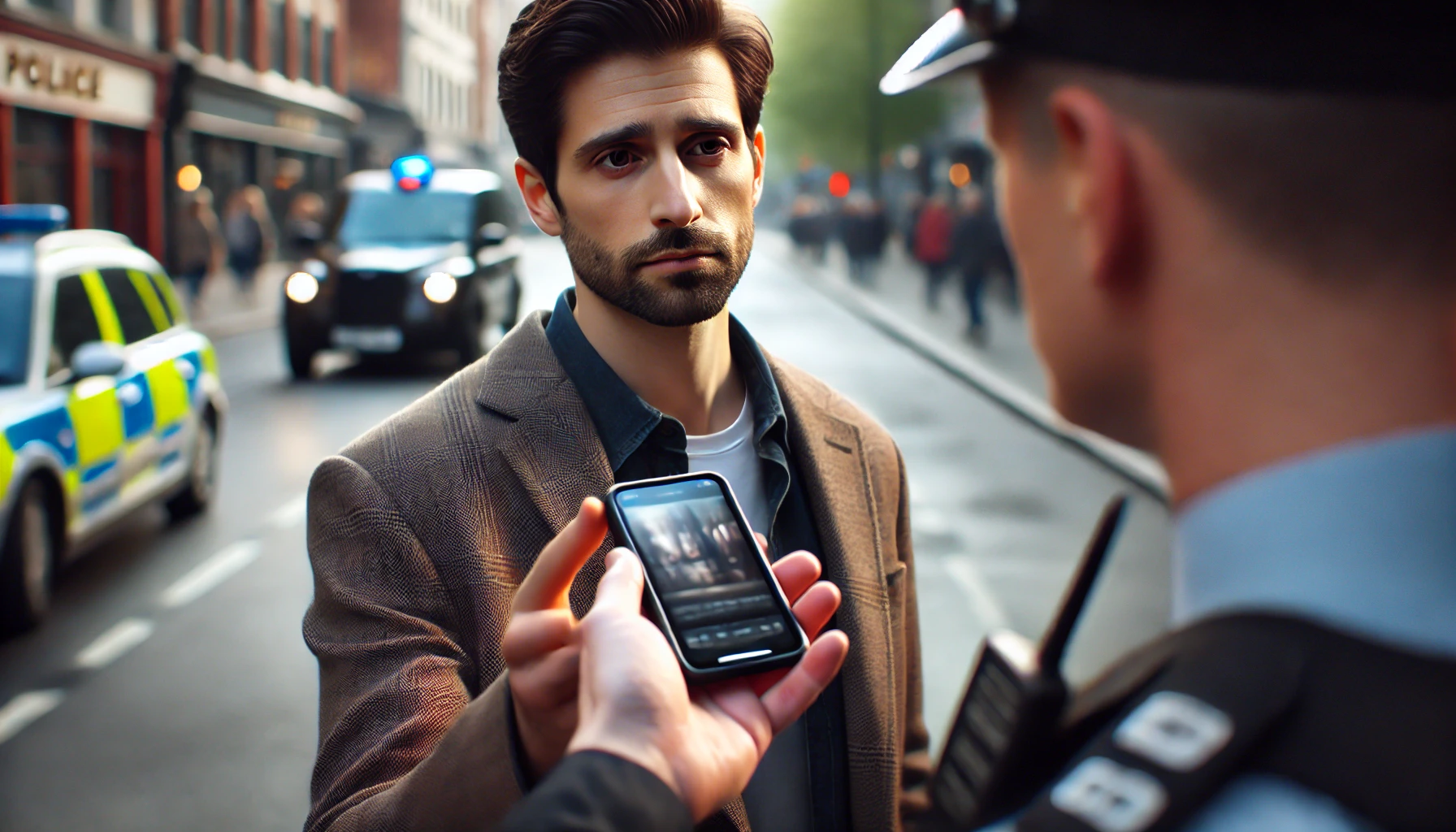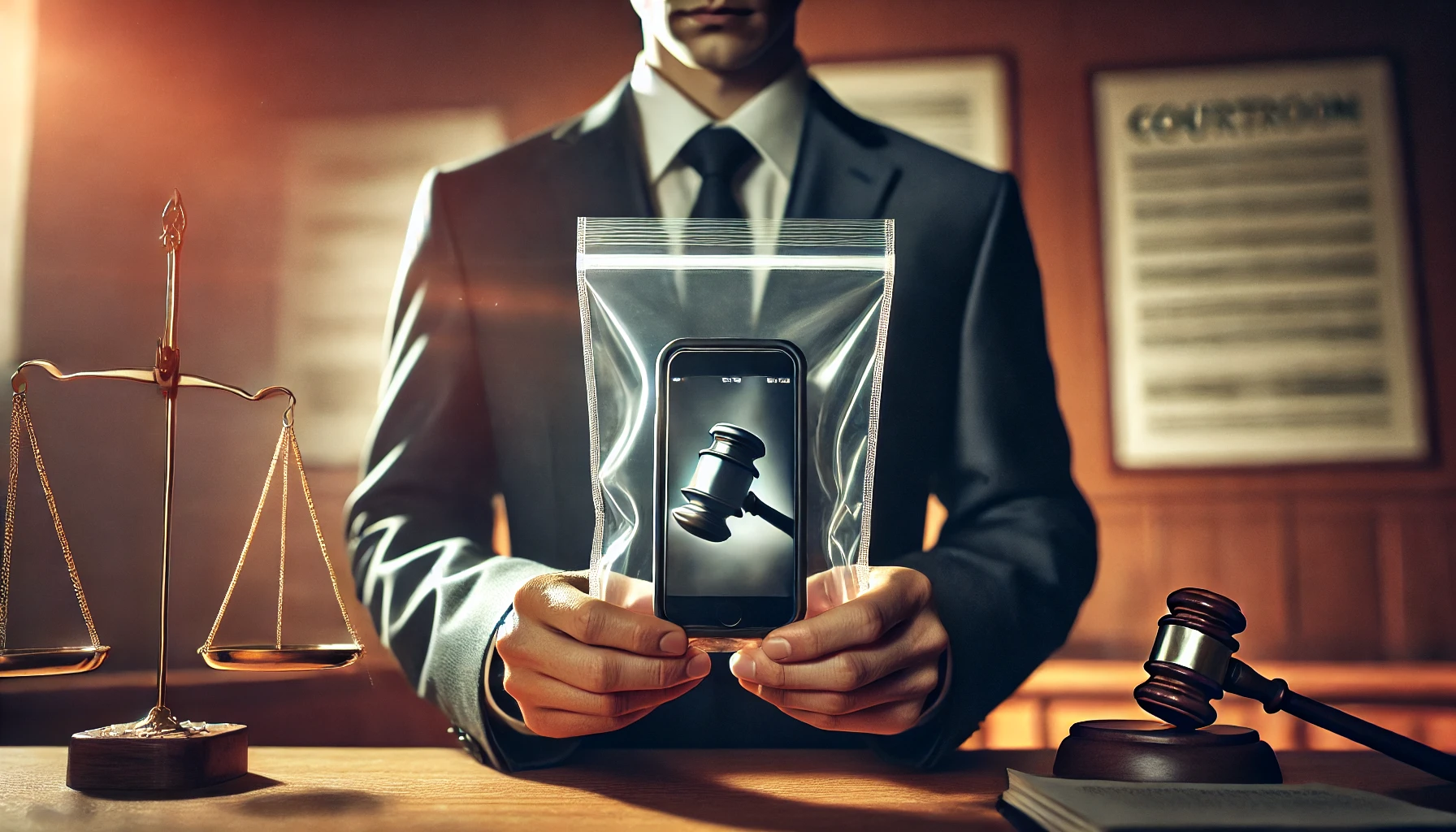How Police Use Mobile Phone Evidence in Criminal Cases

How Police Use Mobile Phone Evidence in Criminal Cases
How Do Police Gather Mobile Phone Evidence?

1. Seizing the Physical Device
- If you are arrested, police can seize your phone under Section 32 of the Police and Criminal Evidence Act 1984 (PACE) if they believe it contains evidence related to the alleged offence.
- The police may also take your phone during a stop and search if they suspect it is connected to criminal activity.
2. Accessing Call Logs and Messages
- Police can extract data from your phone to retrieve call logs, text messages, and chat app conversations.
- Even deleted messages may be recoverable using forensic software.
3. Examining Social Media and Internet History
- Investigators frequently check social media posts, private messages, and browsing history to establish communication patterns.
- Public social media posts can be accessed without a warrant, while private messages usually require legal authorisation.
4. GPS and Location Data Tracking
- Police can determine your location at specific times using:
- GPS data from your phone.
- Cell site analysis (tracking which phone towers your device connected to).
- Wi-Fi logs from public or private networks.
5. Using Call Data Records (CDRs)
- Mobile networks store call data records that can reveal:
- Who you called or texted and when.
- The duration of calls.
- The locations of phone towers used during communication.
- This data can be accessed by police without your physical phone, using requests to network providers.
6. Recovering Deleted Data
- Police use forensic tools like Cellebrite and GrayKey to recover:
- Deleted texts and WhatsApp messages.
- Erased call logs.
- Deleted photos, videos, and browsing history.
Do Police Need a Warrant to Access Your Mobile Data?

When a Warrant is Required
- Police need a search warrant or production order to access stored content on your phone (e.g., text messages, photos, emails).
- A warrant is usually obtained under the Investigatory Powers Act 2016 (IPA) or the Regulation of Investigatory Powers Act 2000 (RIPA).
When a Warrant is NOT Required
- Consent – If you voluntarily provide your phone and allow them access.
- Terrorism or National Security Cases – Under Schedule 7 of the Terrorism Act 2000, officers can seize and inspect devices at UK borders.
- Immediate Threat to Life or Public Safety – In urgent cases, such as kidnappings or terror threats, police can bypass normal procedures.
Can Police Force You to Unlock Your Phone?
- Under RIPA Section 49, police can apply for a decryption notice, which legally compels you to provide your PIN or password.
- Refusing to comply can result in up to 5 years’ imprisonment in national security cases or up to 2 years in other cases.
- However, if the police do not have a decryption order, you are not legally required to provide your password.
How Mobile Phone Evidence is Used in Court
- Used to prove communication between co-defendants.
- Can establish a timeline of events, such as planning a crime.
- Used to place a suspect at a specific location at a specific time.
- Can confirm or contradict an alibi.
- Posts, direct messages, and browsing history may be used to show intent or motivation.
- Expert analysts provide reports detailing recovered or deleted data.
- These reports must meet evidential standards to be admissible in court.
Can Mobile Phone Evidence Be Challenged in Court?

- If police accessed your phone without a warrant or proper authority, the evidence may be inadmissible.
- Cell site analysis is not 100% accurate and can sometimes wrongly place a person at a crime scene.
- Messages and social media posts can be taken out of context.
- If others had access to the phone, it may be difficult to prove who actually sent the messages.
- Defence solicitors may challenge the integrity of digital evidence if it has been altered or improperly handled.
How a Solicitor Can Help
- Challenge the legality of the evidence collection.
- Request disclosure of forensic reports to ensure evidence has been properly handled.
- Cross-examine expert witnesses who present digital evidence.
- Argue for the exclusion of unlawfully obtained evidence.
Conclusion: How Police Use Mobile Phone Evidence in Criminal Cases

Notice: Informational Content Disclaimer
The content provided on this website, including articles, blog posts, and other informational materials, is intended for general informational purposes only. It is not intended as, and should not be considered, legal advice.
Visitors to this website should be aware that the information presented here is not a substitute for seeking legal advice from a qualified solicitor or legal professional. Each individual's legal situation is unique, and the information provided may not be applicable to specific circumstances.
If you require legal advice or have specific legal questions, we encourage you to contact us directly. Our experienced team of solicitors is here to assist you with your legal needs and provide tailored advice to address your concerns.
Please be advised that any communication through this website, including the use of contact forms or email, does not create a solicitor-client relationship. Confidential or time-sensitive information should not be sent through this website. To establish a solicitor-client relationship and discuss your legal matters in detail, please contact us for a consultation.
We strive to provide accurate and up-to-date information, but we make no representations or warranties regarding the accuracy, completeness, or suitability of the information contained on this website. We shall not be liable for any reliance placed on the information provided herein.
Thank you for visiting our website. We look forward to the opportunity to assist you with your legal needs.




